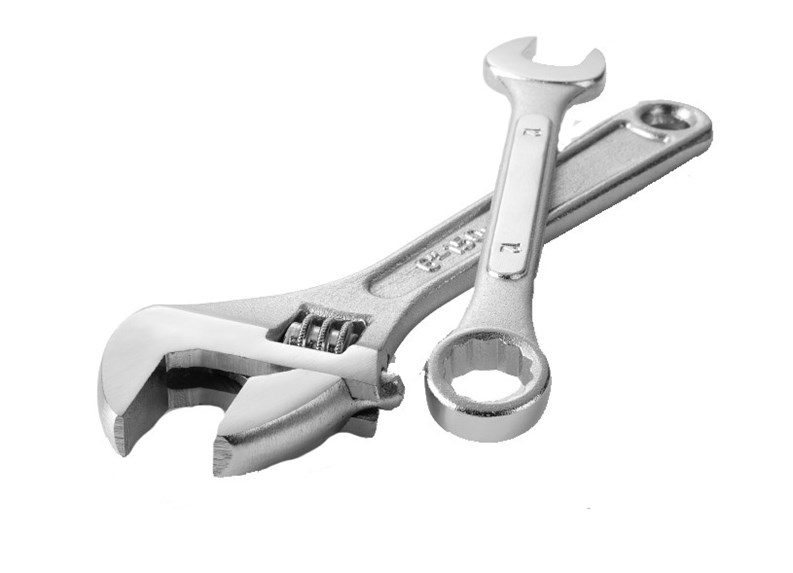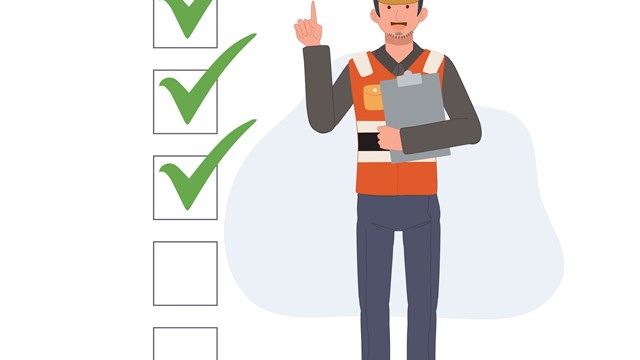The New York City Department of Consumer Affairs (DCA) receives more complaints against home improvement contractors than any other category - Period. If you engage an unlicensed, unregistered contractor to carry out an improvement project in your co-op or condo, you may be courting disaster. Everything may go fine, but then again, it may not. What if, for example, your contractor simply disappears, leaving the apartment in disarray - walls torn apart, wiring and plumbing exposed, and other work undone? The damage to your own apartment or neighboring units can cost you hundreds, thousands or even hundreds of thousands of dollars.
Even worse, if you as a homeowner are wronged by an unlicensed contractor and then file a complaint with the DCA, you may discover that the Department's considerable powers are lessened because your contractor was illegal.
Many of these headaches can be avoided if co-op boards insist that only licensed contractors be hired for shareholders' improvement and renovation projects. If your contractor is properly licensed, and your complaint legitimate, the DCA can go to bat for you, reminding the contractor of his obligations under the law and achieving a settlement for you. If mediation is unsuccessful, or if the contractor is unresponsive, the DCA will send the case to one of its administrative law judges. The DCA might then have the power to suspend or revoke the contractor's license if he refuses to pay. In the rare instance when a licensed contractor goes out of business or skips town leaving behind a string of damages and outstanding consumer restitution, the DCA can reimburse consumers from its Home Improvement Contractor (HIC) Trust Fund that pays consumers 100 percent of the damages up to $15,000.
The DCA can and does accept complaints against unlicensed contractors, but in these cases, the Department's enforcement powers are reduced. Unlicensed contractors often fail to respond to mediation or show up for hearings. Even if an unlicensed contractor appears for a hearing, they often fail to pay damages, and the HIC trust fund - established as it is with fees from licensed contractors - can only be used to pay for damages caused by licensed contractors. At that point, unless DCA inspectors are lucky enough to catch the errant contractor working at another location (in which case the inspectors can seize the contractor's vehicle and tools), the only recourse left to you and the Department is to go to court.
With some diligence and advance planning, homeowners, building managers and co-op boards can protect themselves from the expense, frustration, and hassle of untangling an unlicensed contractor problem. The simplest defense begins with a phone call to the DCA hotline at (212) 487-4444 to check the license status and complaint history of a prospective contractor.
Ultimately, co-op boards are left to deal with the headaches caused by unlicensed contractors, and many are shocked to discover that they are legally liable if they were the ones who originally referred the illegitimate vendor to the shareholder. Co-op boards must mandate that shareholders use only licensed contractors for all home improvement work.
Also keep in mind that even high-end craftsmen must be licensed. A craftsman's reputation is no protection against potential damage or conflict about responsibility for future problems. Simply verifying a contractor's license status can go a long way towards heading off potential disasters.
Other steps that your board should take when approving improvements include:
Establish a well-defined policy towards construction work done in individual units, requiring board approval before any home improvements are made.
Have your shareholder provide a copy of the written estimate/contract from their prospective vendor. The contract must include the vendor's full name, address, DCA license number, cancellation clause, a clause stating that the vendor will secure any necessary permits and carries adequate liability insurance, and a worker's compensation clause. Target completion dates should be included, and the listing of work-related items should be clear and as detailed as possible.
Have your managing agent check the vendor's license and complaint status by calling the Consumer Affairs hotline at (212) 487-4444. Don't just take the word of the vendor when it comes to his or her license status. Vendors are required to have their license number on all printed material, including business cards. The statement "licensed and insured" on forms is no guarantee that the vendor is telling the truth. Even if the vendor is based outside New York City, a license must be secured if work is being done within the five boroughs.
Make certain that your vendor has secured all necessary permits. The DCA is working with the Department of Buildings and the Landmarks Preservation Commission (LPC) to stop giving permits to work done with unlicensed contractors.
Advise shareholders to report all problems to the contractor in writing (preferably by certified mail) and to provide the board with photocopies. Shareholders should then file written complaints with the DCA if problems are unresolved. Both shareholders and board members should remember to document any problems and keep detailed minutes of any discussions held at board meetings about the contractor problems.
Make certain that your building management looks at the completed work before the shareholder makes final payment to the vendor.
Keep in mind that the DCA can only mediate complaints between consumers and vendors.
The DCA has stepped up enforcement against unlicensed contractors and has expanded its outreach efforts so that all contractors fully understand the obligations and benefits of being properly licensed. Consumer Affairs is making every effort to prevent unlicensed contractors from working within the five boroughs, and if co-op tenant-owners and boards work with us and with each other, we'll all save time and money - and a lot of frustration.







2 Comments
Leave a Comment